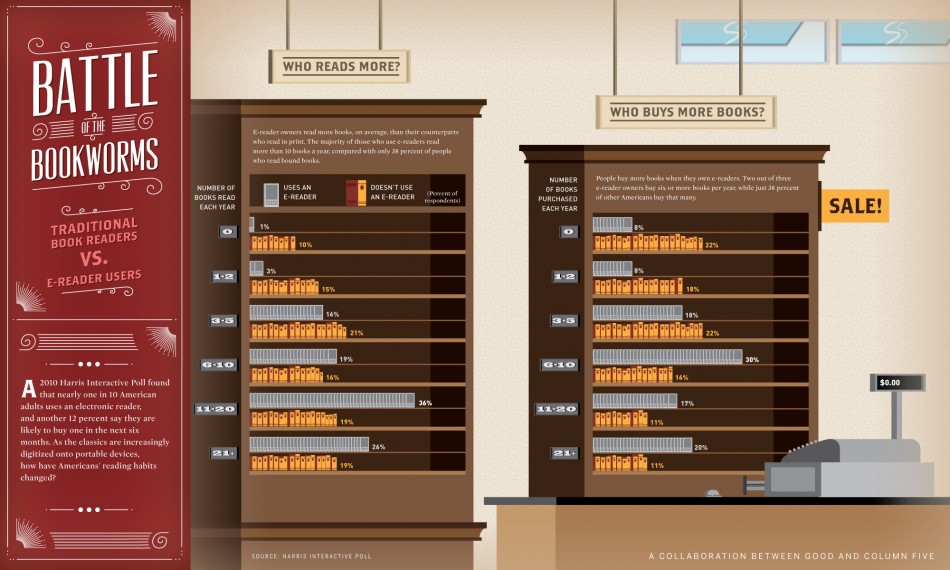“‘How sad it is!’ murmured Dorian Gray, with his eyes
still fixed upon his own portrait. ‘How sad it is! I shall grow old, and
horrible, and dreadful. But this picture
will remain always young. It will never
be older than this particular day in June…. It if were only the other way! If
it were I who was to be always young, and the picture that was to grow old! For that—for that—I would give
everything! Yes, there is nothing in the
whole world I would not give! I would
give my soul for that!’”
~ Chapter 2, A
Picture of Dorian Gray
I have a major problem reviewing this book. You see, I have this weird verbal tic wherein
I can’t pronounce certain names correctly, but tend to switch the first letters
of the Christian and surnames, or add letters in inconvenient places. This book is an example of the latter: I
consistently want to call this guy Dorkian Gray.*
Oscar Wilde’s novel about a young man obsessed with never
aging is not so much about immortality as it is about morality and beauty. Dorian Gray is a very beautiful young man:
not only in outward appearance, but his manners and education make him
instantly attractive to everyone he meets. To Gray, to become old and…er…gray is a crime against his beauty, and
any crime is evil. To be old is to cease
to be good, because it would have destroyed the goodness of his youthful
appearance.
























